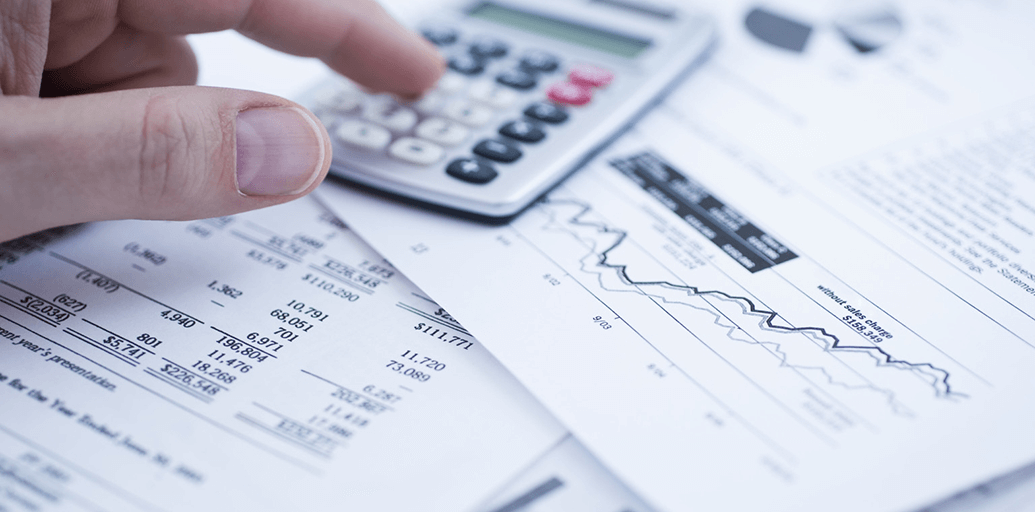Understanding the calculation of real estate gain in Spain

Obtaining real estate far from your native land is a remarkable initiative. However, such a project deserves attention in terms of the legal provisions of the requested country. It is therefore essential to turn to the services of local real estate sales professionals. Here are the principles of calculating the real estate gain when you own a property in Spain that you want to transfer or sell.
What does "Capital Gain" mean?
In Spain, the sale is subject to a certain amount of taxation based on a reference value entitled "Real estate gain". This value only exists when the property is sold at a price higher than that of purchase. To give you a better indication of the calculation, a few points should be clarified.
Real estate gain or loss
When a property is sold, a very simple calculation is made. It consists of a quickly calculated difference between the sale price of the property and the price at which the property was acquired. Depending on this difference, we can say that it is a gain or a loss.
● If the difference is positive, we then speak of a gain in property, also called “real estate gain”. This is subject to certain taxation for any seller, whether or not he resides in Spain. However, depending on your status, the rates and methods of recovery will be different.
● If the difference is negative, we speak of a loss of capital. In this situation, the seller will not be taxed.
Property capital gains tax in Spain
Capital gains generated by the transmission of goods acquired at a price lower than that obtained when they are sold are subject to taxation in most current tax systems. The most common are those that arise from the disposition of stocks, bonds, precious metals, and real estate.
In some countries, there are taxes that attribute this taxable event independently, for example income tax (capital gains on securities) in France. In Spain, on the other hand, these operations are taxed in the context of personal income tax (IRPF), non-resident income tax (IRNR) or company tax ), according to the taxpayer's identity and his residence.
If you can benefit from tax advantages as a natural person, here is what happens when you sell properties and shares in Spain. Whether you are a resident or a non-resident, here is the essential information you need.
Capital gains tax for residents of Spain
The income of the natural person is classified as general income and savings income. Capital gains on investments and real estate are considered savings income.
The tax rate that must be paid by Spanish residents for these capital gains depends on the benefit obtained, which must be applied as shown below:
● The tax rate is 19% for a capital gain of up to 6000 euros.
● The tax rate is 21% for a capital gain ranging from 6,000 to 50,000 euros.
● The tax rate is 23% for a capital gain of 50,000 euros or more.
Capital gains tax exemptions
When there is a gain on the sale of real estate, there are possibilities for certain costs inherent in said operations to be covered.
Tax exemption for goods acquired before 1995
Certain reductions are granted to residents of Spain who acquired real estate on or before December 31, 1994. To benefit from it, the asset must have been sold for less than 400,000 euros.
The reduction only affects the gain accumulated until January 20, 2006 and represents these percentages:
● 11.11% in real estate.
● 25% in shares.
● 14.28% in the rest of the capital gains.
Tax exemption for reinvestment in the main residence
If you transfer your principal residence and reinvest the money in the purchase of another principal residence, you will not have to pay capital gains tax. There are certain conditions for the exemption from income tax to be effective for reinvestment in the main residence. You have for example the case where the good must be located in a country of the European Union or of the European economic area.
Tax exemption for the sale of the main residence of people over 65
Spanish law also provides for capital gains tax exemption for people over the age of 65 who sell their principal residence, whether or not they reinvest the profit obtained. So, if you are planning to sell your house and you are close to that age, it is better to wait until you are 65 years old.
Capital gains tax for non-residents in Spain
Any capital gain from the sale or transfer of assets located in Spain is subject to a fixed tax of 24% for non-residents. This rate is 19%, if the person resides in another country of the European Union, in Iceland or in Norway.
In addition, since 2015, anyone residing in a country of the European Union or of the European Economic Area who has concluded a tax information exchange agreement with Spain can benefit from the exemption for reinvestment in a main residence. This new principal residence does not necessarily have to be in Spain.
Are you planning to acquire real estate in Spain?
Let our real estate experts resident in Spain accompany you throughout the procedure. They will analyze your case in a personalized way and find the best solution. We are one of the benchmarks for real estate in Spain, particularly in the regions of Malaga, Marbella or Costa Del Sol - this is all the more reason to entrust us with the entire procedure relating to the acquisition or sale of your property in Spain.
Please complete the form by clicking below and our advisers will get back to you as soon as possible to discuss your project.
You can also contact us at +34 872 268 850








